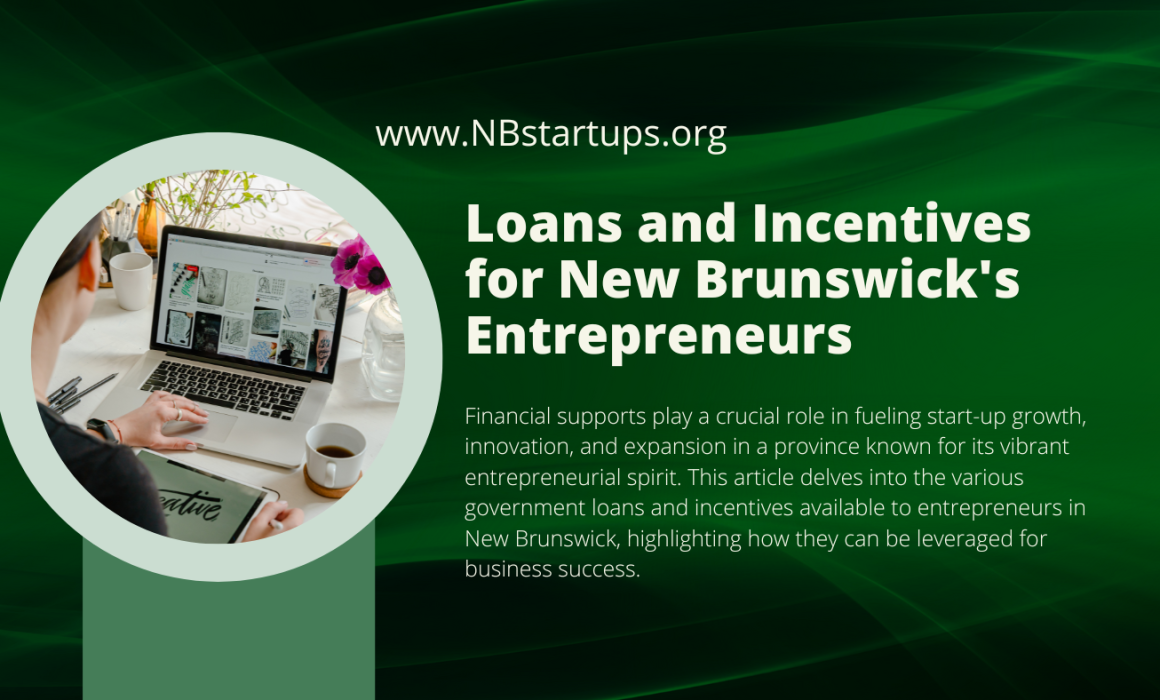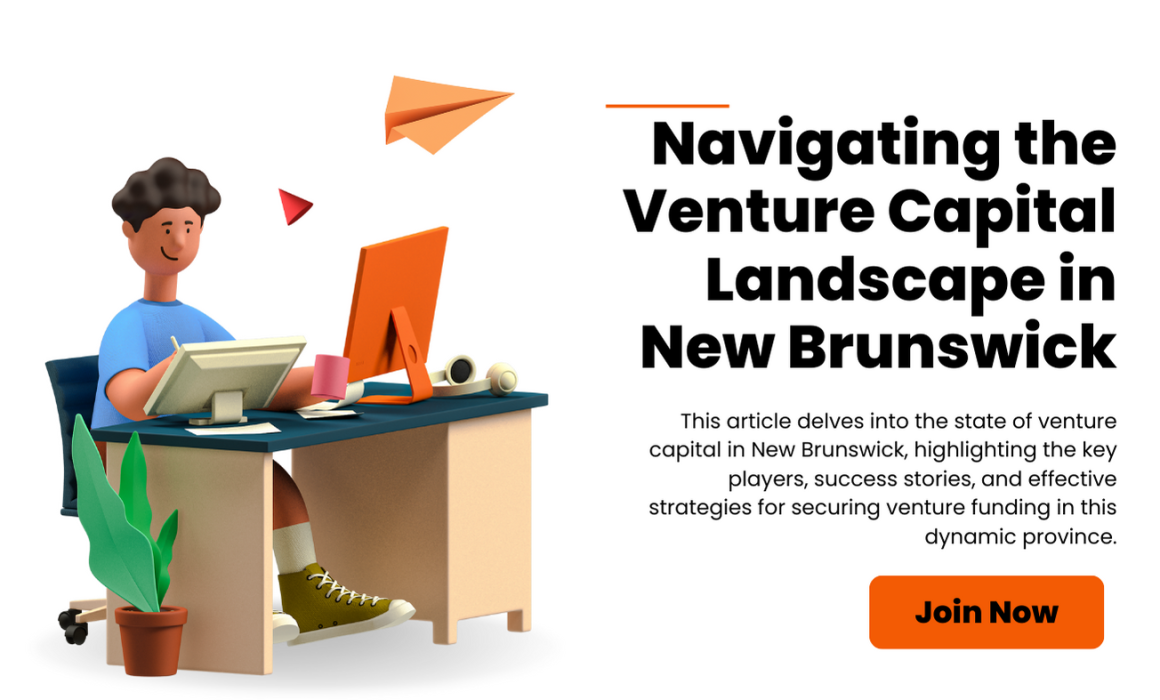Download the Canadian Government Funding Checklist Here
The Canadian Government Funding Checklist is a super easy way to follow an exact checklist of items to help you and your small business secure the needed funding via the government of New Brunswick programs and options. Take a moment to fill out the form below to get the free checklist and start the government funding process for your own small business.
Canadian Government Funding Checklist Details
As a small business owner in New Brunswick, or if you are considering getting into business, the one thing that you will likely need, especially in today’s climate, is funding for your business. The Canadian government provides great resources (money), to help individuals start and expand their businesses, in order to boost the economy, to create jobs and to help support the entrepreneurial spirit across the country.
That being said, the process of getting government funding isn’t always simple to understand or follow.
The checklist created here by New Brunswick Startups will help you confirm on 4 key points, to ensure your success with government funding for your own small business:
- Your business plan
- The funding needs
- Starting the funding search
- The funding applications
Sounds simple; however over 80% of government funding applications are refused, or denied due to issues found within each of these 4 steps.
The checklist that you can download below, will explain in clear detail, the key points surrounding each of the 4 steps, and will guide you to ensure you avoid the common mistakes as you push your way through the funding obstacles – to get funded!
Click here to get instant access to the New Brunswick Government Funding Checklist [FREE]









Recent Comments